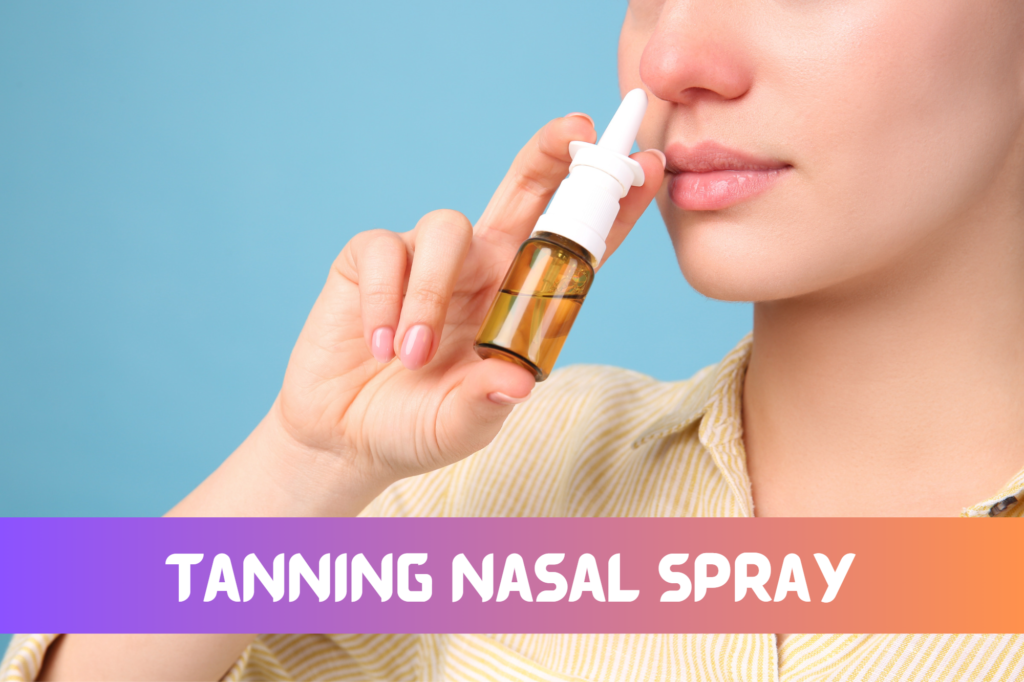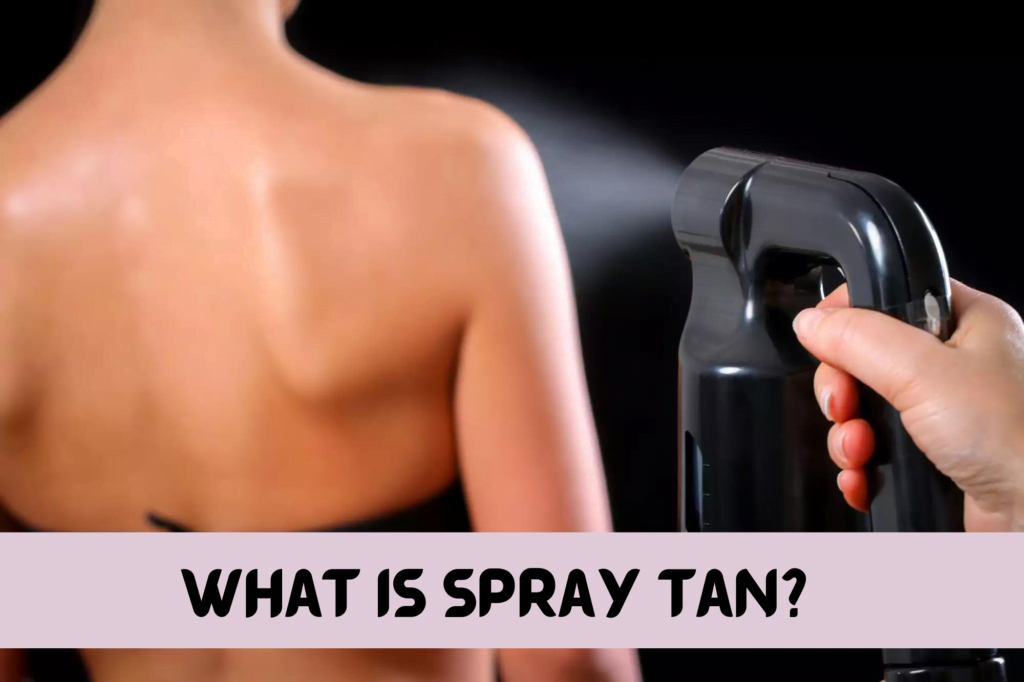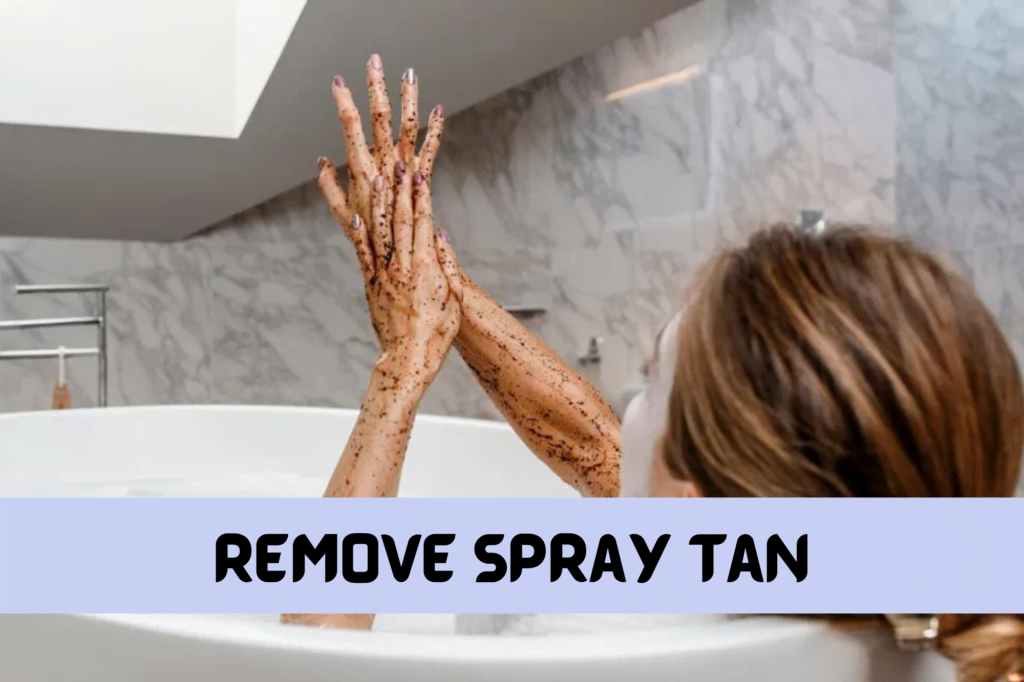Tanning nasal spray is a new product that is gaining popularity among people who want to get a tan without the risk of exposure to harmful UV rays.
These products claim to give users a tan within minutes of spraying. They are becoming increasingly popular, especially among young people.
However, there are a number of risks associated with a nasal spray tan, including:
- Increased risk of skin cancer: These products contain a synthetic hormone called melanotan II, which stimulates the production of melanin in the skin. Melanin is the pigment that gives skin its color. However, melanotan II can also increase the risk of skin cancer.
- Other side effects: Other potential side effects include nausea, vomiting, headache, flushing, dizziness, swelling of the lips or tongue, allergic reaction, and increased heart rate.
- Unregulated products: These products are not regulated by the FDA. This means that there is no guarantee of their safety or effectiveness.
If you are considering using tanning nasal spray, it is important to talk to your doctor about the risks and benefits. There are a number of safer and more effective ways to get a tan, such as using a self-tanner or getting a spray tan from a professional.
How does tanning nasal spray work?
Nasal spray tanning products contain a synthetic hormone called melanotan II. Melanotan II is a hormone that is naturally produced by the body, and it stimulates the production of melanin in the skin. Melanin is the pigment that gives skin its color.
When you use a nasal spray tanning product, the melanotan II is absorbed into your bloodstream and travels to your skin. Once it reaches your skin, the melanotan II stimulates the production of melanin. This causes your skin to darken, giving you a tan.
What are the risks of a nasal spray tan?
There are a number of risks, including:
- Increased risk of skin cancer: Melanotan II can increase the risk of skin cancer. This is because melanotan II stimulates the production of melanin in the skin. Melanin helps to protect the skin from the sun’s harmful UV rays. However, too much melanin can actually make the skin more susceptible to UV damage.
- Other side effects: Other potential side effects of nasal spray tanning include nausea, vomiting, headache, flushing, dizziness, swelling of the lips or tongue, allergic reaction, and increased heart rate.
- Unregulated products: Nasal spray tan products are not regulated by the FDA. This means that there is no guarantee of their safety or effectiveness.
Is tanning nasal spray safe?
The safety of this product is still being studied. However, there is some evidence to suggest that it may increase the risk of skin cancer. Additionally, nasal spray tanning products are not regulated by the FDA, so there is no guarantee of their safety or effectiveness.
What are the alternatives to nasal spray tanning?
There are a number of safer and more effective sunless tanning alternatives, including:
- Self-tanners: Self-tanners are a safe and effective way to get a tan. Self-tanners work by depositing a color on the skin that mimics the natural color of tanned skin.
- Spray tans: Spray tans are a safe and effective way to get a tan. Spray tans are applied by a professional using a spray gun. The spray gun deposits a mist of a tanning solution on the skin, which gives the skin a tan.
Conclusion
Tanning nasal spray is a new trend that is gaining popularity among people who want to get an instant tan.
However, there are a number of risks associated including increased risk of skin cancer, other side effects, and unregulated products.
If you are considering using nasal spray tan, it is important to talk to your doctor about the risks and benefits. There are a number of safer and more effective alternatives to tanning nasal spray, such as self-tanners or spray tans.





Comments are closed.